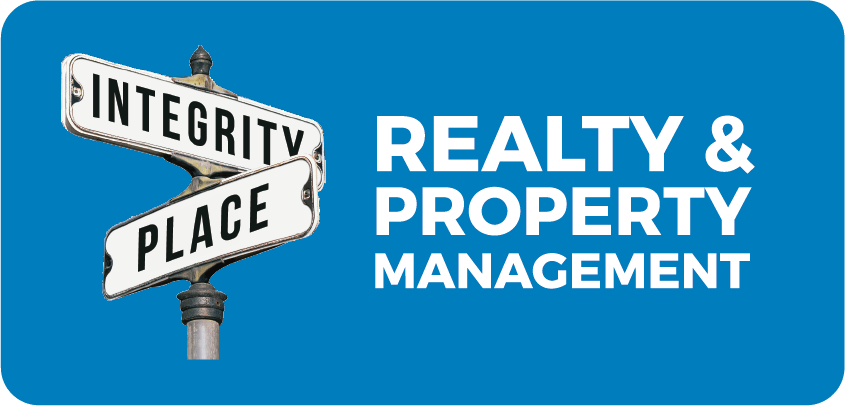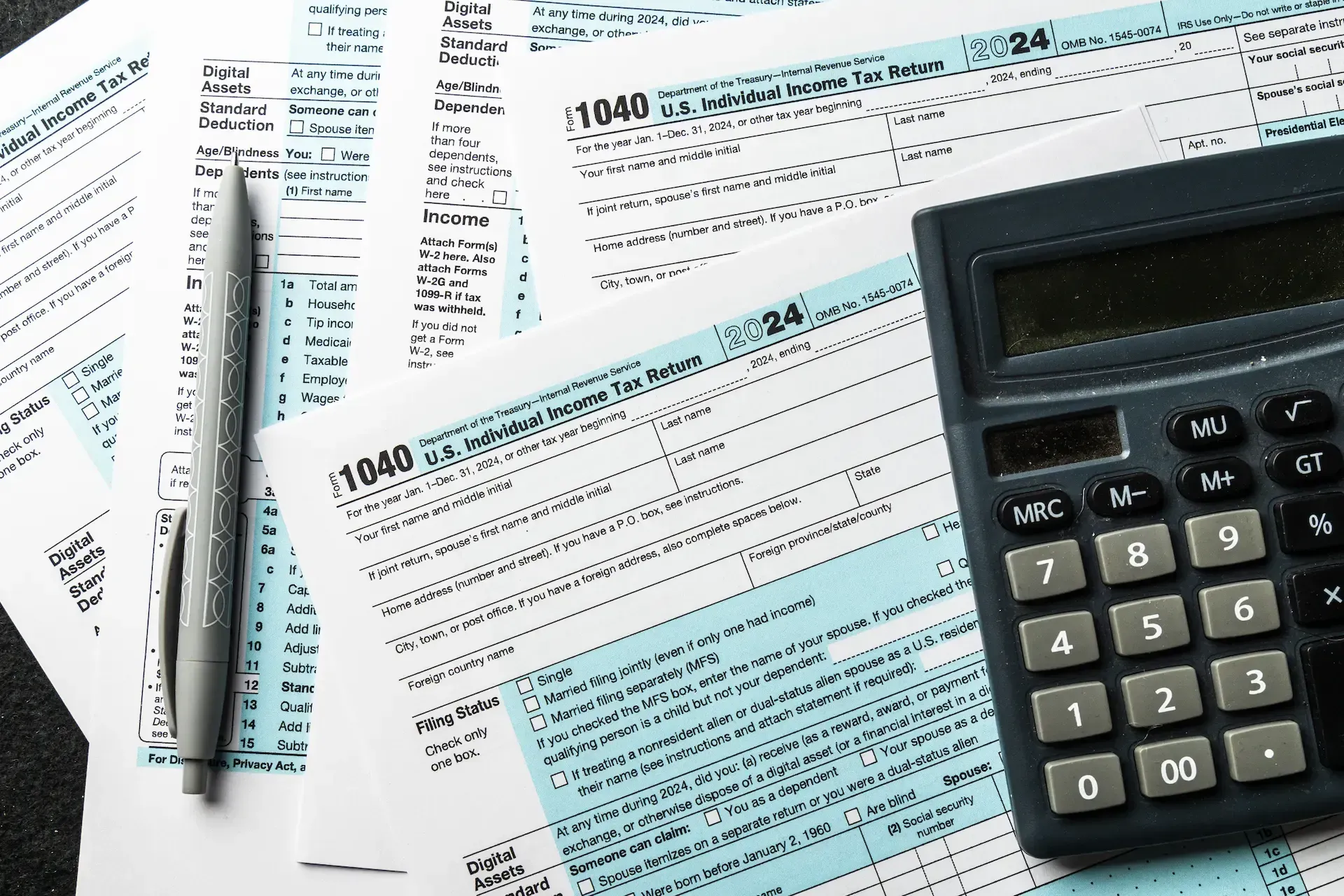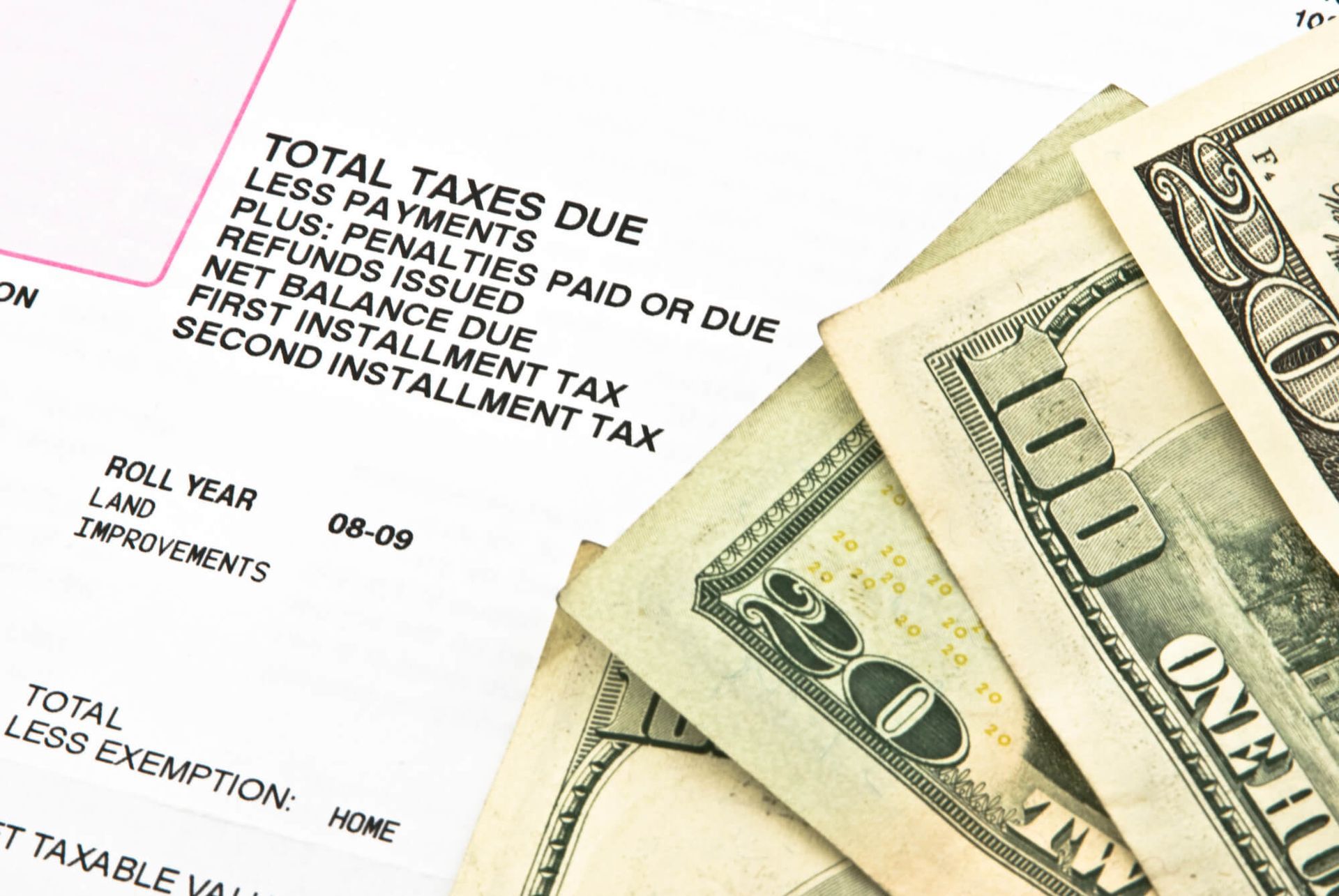What Do Property Managers Look For During An Inspection?

Owning rental property is one of the most rewarding ways to build long-term wealth, but maintaining that investment takes more than simply finding a tenant and collecting rent. Regular property inspections are one of the most critical parts of protecting a rental home—and your financial future.
If you’ve ever wondered, “What do property managers look for during an inspection?”, this in-depth guide will walk you through exactly what professional managers check, why these inspections matter, and how they help you avoid costly problems down the road.
Whether you own a single-family home in
Utah County or you’re looking to expand into
Salt Lake County
property management, understanding the inspection process can give you confidence that your property—and your bottom line—is in good hands.
Why Are Rental Property Inspections Important?
Rental property inspections are about far more than simply checking up on tenants. They play a crucial role in protecting your investment by catching maintenance issues early, long before they turn into expensive repairs. Regular inspections also help preserve the overall value of your property. When a home is consistently monitored and cared for, it stays in better condition, commands higher rents, and appreciates more reliably over time.
Inspections are equally important for ensuring that tenants are complying with the terms of their lease. By verifying that the rules laid out in the agreement are being followed, you reduce the likelihood of more serious problems down the road. Additionally, inspections create a documented history of the property’s condition. This detailed record becomes invaluable if any disputes or legal issues arise, serving as clear evidence to protect you as the property owner.
For landlords focused on growing their investment portfolios, these benefits are even more critical. Regular, professional inspections take the guesswork out of property care and can save you considerable time, money, and stress, especially when handled by an experienced property management company.
When Do Property Managers Perform Inspections?
An experienced property manager doesn’t just place tenants and then disappear until the lease ends. Instead, they follow a well-planned schedule for inspecting your property at multiple stages throughout the rental cycle.
Before a tenant ever moves in, a move-in inspection is conducted to establish a clear baseline for the property’s condition. This detailed walkthrough ensures there’s an accurate record of how everything looks at the start of the tenancy. Throughout the lease term, managers perform routine inspections—often every three to six months—to confirm that the property remains in good shape and that no new issues have developed.
Once a tenant moves out, a move-out inspection takes place to compare the current condition to the original move-in report, helping determine if any portion of the security deposit should be withheld for
repairs. Beyond these regular checks, property managers may also carry out special inspections following a maintenance request, after receiving a neighbor’s complaint, or in the aftermath of severe weather to assess for damage. Each of these inspections is an opportunity to identify problems early, address them promptly, and ensure that your investment continues to be properly cared for.
Written leases should include:
3 Things Property Managers Look For During an Inspection
During an inspection, property managers focus on three primary areas: the physical condition of the property, tenant lease compliance, and potential safety or liability issues. Let’s break these down:
1. Checking the Physical Condition
Property managers start by looking for any maintenance issues that could worsen over time. Inside the home, they examine walls, ceilings, and floors for signs of water damage, mold, or large cracks. They check that appliances are working properly, plumbing under sinks isn’t leaking, and that there are no signs of pests.
Bathrooms and kitchens get special attention because moisture problems often start there. Managers look for broken tiles, loose caulking, mildew, or slow drains. They also test smoke detectors, carbon monoxide detectors, and ensure light fixtures work properly. Outside the property, they inspect the roof (if accessible), gutters, siding, fences, and landscaping. A sagging gutter or cracked driveway might not seem urgent now, but can turn into an expensive repair if ignored.
2. Ensuring Tenant Lease Compliance
Another major part of a property inspection is checking that tenants are living up to the terms of their lease. Property managers look for unauthorized pets, extra occupants, or any illegal activity. They also keep an eye out for misuse of the property, like evidence of smoking in a non-smoking unit, or improper storage that could be a fire hazard. They’ll document any violations and discuss them with the tenant, giving them an opportunity to correct issues before they become serious breaches of the lease.
3. Identifying Safety and Liability Risks
Safety is a top concern during inspections. Property managers look for loose handrails, wobbly steps, exposed wiring, or anything else that might pose a hazard. They also look at exterior lighting, door locks, and window latches to make sure the property is secure. Addressing these issues proactively not only protects tenants but also protects landlords from liability claims. A lawsuit from a tenant injured on poorly maintained stairs is far more costly than routine inspections and repairs.
How Are Inspections Documented?
If a property manager discovers an issue during an inspection, the next step depends on what they find. For maintenance concerns, they’ll arrange repairs with trusted contractors to fix problems quickly, preventing bigger headaches later. If it’s a lease violation, they’ll notify the tenant and follow up to ensure compliance, documenting everything along the way. In more serious cases, such as illegal activity or major property damage, they’ll take appropriate legal steps, which could include beginning the eviction process. Having a professional handle these conversations shields you from direct conflict with tenants and ensures everything is done by the book.
Why This Matters for Investors with Growing Portfolios
If you’re a landlord looking to expand your portfolio—whether that means buying your second rental property or adding your tenth door—inspections are even more critical. The more properties you own, the harder it becomes to personally monitor each one. Missed maintenance or lease violations at just one property can eat into profits or even result in costly legal trouble. A professional property management company like Integrity Place has systems in place to handle routine inspections across multiple properties, so you don’t have to worry about small problems turning into big ones while your portfolio grows.
Invest in Your Investment with Inspections by Integrity Place Property Management
So, what do property managers look for during an inspection? They look for anything that could threaten the value of your property, violate lease terms, or jeopardize the safety of your tenants. In doing so, they safeguard your investment, reduce your liability, and give you peace of mind—so you can focus on growing your portfolio, not putting out fires.
At Integrity Place Realty & Property Management, we ensure that your rental properties are more than buildings—they’re key pieces of your financial future. Our team specializes in
property management in Utah County, Salt Lake County, and beyond, offering comprehensive property management that includes thorough inspections, detailed documentation, proactive maintenance, and clear tenant communication.
If you’re ready to grow your investment portfolio without the headache of managing every detail yourself, we’re here to help. Let us protect your properties like they’re our own, so you can focus on what matters most.
Contact Integrity Place today
to schedule a consultation and learn more about how our property management services make your life—and your investments—more secure and successful.










